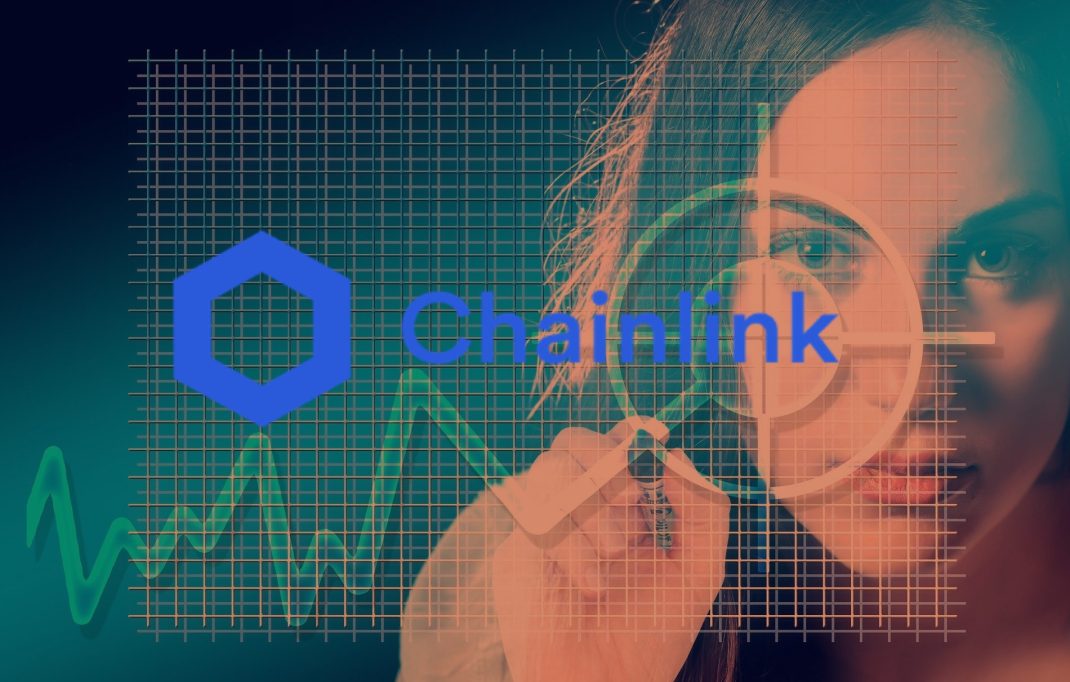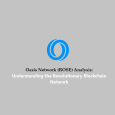Chainlink (LINK) is a decentralized oracle network that aims to connect smart contracts to real-world data. It was launched in 2017 by Sergey Nazarov and Steve Ellis. The LINK token is the native cryptocurrency of the Chainlink network and is used to pay node operators for providing data to smart contracts.
Contents
The Problem Chainlink Solves

Smart contracts are self-executing contracts with the terms of the agreement between buyer and seller being directly written into lines of code. They are designed to automatically enforce the rules of the contract and eliminate the need for intermediaries. However, they can only access data that is available on the blockchain, making it difficult for smart contracts to interact with the outside world. This is where Chainlink comes in.
– Solana (SOL): A High-Performance Blockchain Platform
Chainlink’s Solution
Chainlink is a decentralized network of nodes that provide off-chain data to smart contracts. These nodes are incentivized to provide accurate data by being paid in LINK tokens. Chainlink’s decentralized oracle network makes it possible for smart contracts to interact with real-world data such as market prices, weather data, and other information that is not natively available on the blockchain.
Chainlink‘s unique approach to oracles provides several advantages over traditional centralized oracle solutions. Chainlink’s network of decentralized nodes ensures that there is no single point of failure or a central authority that can be compromised. Additionally, the use of multiple nodes to provide data helps to ensure that the data being provided is accurate and tamper-proof.
The LINK Token
The LINK token is an ERC-20 token that is used to pay node operators for providing data to smart contracts. Node operators stake LINK tokens as collateral to ensure that they provide accurate data. If they provide incorrect data, their staked LINK tokens are taken away as a penalty. Node operators are also rewarded with additional LINK tokens for providing accurate and timely data.
– Polygon (MATIC): A Comprehensive Guide to the Layer-2 Scaling Solution
Chainlink Use Cases
Chainlink‘s decentralized oracle network has a wide range of potential use cases. Some of the current and potential use cases include:
- Decentralized Finance (DeFi): Chainlink is currently being used in a variety of DeFi applications, including price feeds for stablecoins and providing collateralization data for lending protocols.
- Gaming: Chainlink’s oracles can be used to provide verifiable randomness for online gaming applications, ensuring that game outcomes are truly random and cannot be manipulated.
- Supply Chain Management: Chainlink’s oracles can be used to provide real-time tracking and monitoring of supply chain data such as temperature, location, and humidity.
- Insurance: Chainlink’s oracles can be used to provide real-time weather data for parametric insurance products.
- IoT: Chainlink’s oracles can be used to connect smart contracts to data from IoT devices such as temperature sensors, humidity sensors, and other environmental sensors.

Conclusion
Chainlink‘s decentralized oracle network is a promising solution to the problem of connecting smart contracts to real-world data. Its unique approach to oracles provides several advantages over traditional centralized solutions, making it a promising technology with a wide range of potential use cases. As the blockchain ecosystem continues to grow and evolve, Chainlink is likely to play a key role in enabling the next generation of decentralized applications.




